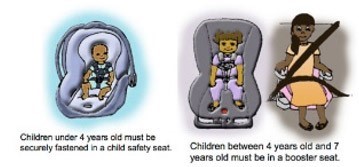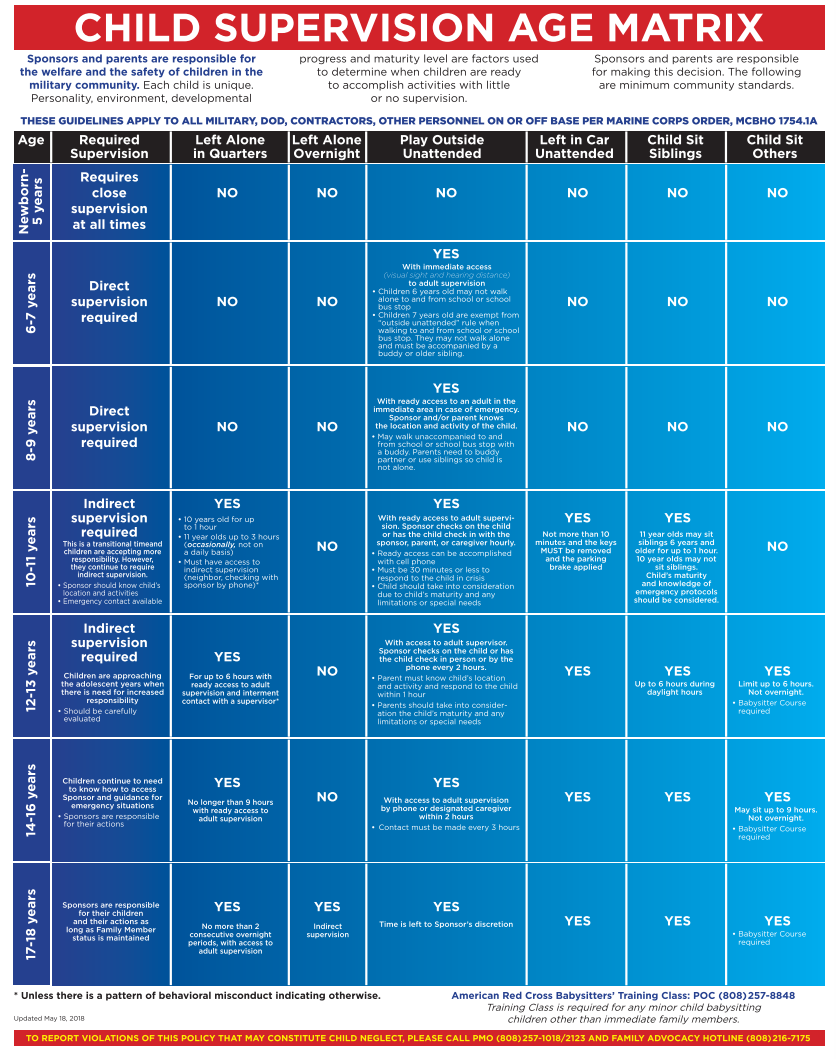mcbh pmo house check program
House Check Welcome Letter
House Check Application
Bldg. 1095, Physical Security Section
The Provost Marshal’s Office Crime Prevention Division, in conjunction with Police Operations, conducts house checks for residents that meet the requirements listed below upon request. House checks help with protecting property and the early detection of burglary, vandalism, and other crimes. A member of the Crime Prevention Division and/or a patrolman will conduct a drive-by and perimeter check of the residence. House checks do not guarantee that the residence will not fall victim to criminal activity and the Provost Marshal Office, MCBH, assumes no liability.
The House Check Program will be a service offered to MCBH personnel that reside in on-base housing. The purpose of this program is to help with protecting property and the early detection of burglary, vandalism, and other crimes. Police Departments nationwide offer a similar program to their respected communities; the Honolulu Police Department also utilizes a House Check Program. Due to the unique makeup of our community here on MCBH residents frequently go on leave, deployment, etc. and their residence may be unoccupied for extended periods of time. By offering this program to the MCBH community it will establish positive community-police relations, educate the community on home crime prevention information, increase police presence in residential areas, and deter crime.
The process for someone to request use of the House Check Program is as follows:
1. The person will contact the Crime Prevention Division requesting utilization of the MPD MCBH House Check Program.
2. The Crime Prevention Division will set up a meeting with the person making the request at his or her residence.
3. During the meeting, the following will take place:
a. Explanation of the MPD MCBH House Check Program.
b. Eligibility check for use of MPD MCBH House Check Program.
c. Completion of an MPD MCBH House Check Program Application.
d. Completion of a CLEOC Statistics Sheet for all household members and of anyone given access to the residence.
e. The resident will be briefed on home crime prevention measures and receive educational material on home crime prevention.
4. Following the meeting, the Crime Prevention Division will:
a. Organize all paperwork in a House Check folder for the residence.
b. Verify all information obtained is updated in CLEOC.
c. Provide copies of paperwork to the Desk Sergeant to be stored in the MPD MCBH House Check Program binder.
d. Create a check sheet for the residence to be given to the Desk Sergeant to be stored in the MPD MCBH House Check Program binder.
office of professional standards
The Office of Professional Standards is charged with ensuring the integrity of the Provost Marshal's Office (PMO) by conducting fair and impartial investigations into allegations of misconduct. The PSO conducts both Administrative and Criminal Investigations.
Administrative Investigations
Administrative Investigations (AI) involve allegations of policy and/or procedure violations. The findings are forwarded to the Provost Marshal for review and appropriate action. The Provost Marshal also conducts staff inspections of PMO's internal operations, administrative procedures, personnel, equipment, health and safety practices, and for any other requirements that may be necessary or evident to identify performance efficiency characteristics.
Criminal Investigations
Criminal Investigations involve matters that violate Rules and Regulations outlined in the UCMJ and/or State, Federal or Local Laws. Allegations of assault, theft, etc., are investigated thoroughly and presented to the applicable entity for their disposition.
Complaints
Everyone is encouraged to report PMO misconduct to address public concern, correct inappropriate behavior, and uphold the public's trust in PMO. Please use these forms to report any inappropriate or illegal action by PMO personnel so that these incidents can be fully investigated.
Written Complaint Instructions
Written Complaint Form
Written Complaint additional Space and Signature Page
Interactive Customer Evaluation (ICE)
To facilitate an easier reporting process that is highlighted to the command deck of Headquarters Battalion and PMO Headquarters, please utilize the ICE service link found on the Home Page.
child safety regulations
Child Seats
MCBH and Hawaii law requires children under the age of four to ride in a child safety seat and children ages of four through seven to ride in a child safety seat or a booster seat when traveling in a motor vehicle.
.jpg?ver=yudyAtEPVjMGH-kTEdPeEg%3d%3d)

Unattended Children (BO 5532 Base Security)
Parental Responsibility: Parents are responsible for the safety and control of their children aboard MCB Hawaii at all times. "Parent" includes legal guardians, stepparents, surrogate parents, or other sponsors of minors aboard MCB Hawaii.
-
Prohibited Play Areas: Parents will ensure their children do not play in the streets, nonresidential parking lots, industrial and construction areas, dumpsters, sewers, condemned buildings, vacant buildings, on the Kaneohe Bay Golf Course or other dangerous or prohibited areas. Children may play on side streets only under direct parental supervision.
-
Attending Children: A responsible person must always attend children five years old or younger aboard MCB Hawaii. To this section, a responsible person is defined as a person at least 12 years old and possessed of sound judgment and full mental capacity. Children 12 years old or older may be left alone in quarters and may care for children 2-11 years old for a period not to exceed 12 hours provided they are of sufficient maturity to take appropriate action in the event of an emergency. It is highly recommended that newborns and infants be cared for by a responsible adult due to the risks associated with that age group. Children 10 years old or older may use beaches, theaters, swimming pools and other public areas (outside the family housing areas) on their own. Children 6-9 years old must be always attended by a responsible person while at beaches, theaters, swimming pools and other public areas. Children in the first grade and up may walk directly to and from Mokapu Elementary school on their own, provided they are adequately instructed on pedestrian safety and child safety. Information is available from the National Center for Missing and Exploited Children at www.missingkids.com.
-
Juvenile Curfew: Parents will ensure that children comply with the Hawaii curfew law, under which unaccompanied children younger than 16 years old will be clear of public places and streets between 2200 and 0600. This curfew is extended to 30 minutes after a scheduled event for children proceeding directly home from the event. Sponsors of scheduled activities attended by children that end after curfew will notify PMO in advance.
Reporting Violations: Anyone observing an unsafe condition or violation of parental responsibilities will immediately report the offense to military police.
Child Supervision Age Matrix

RECREATIONAL SAFETY REGULATIONS
Required Motorcycle/Moped Safety Equipment
Safety Course: To schedule attendance at the motorcycle safety course at MCB Hawaii, call (808) 257-1830
Per MCO 5100.29C, Vol 3 MC Traffic Safety Program – required Personal Protective Equipment (PPE) for all riders and passengers.
The following are definitions of PPE:
Helmet: An approved helmet meets the standards of Federal Motor Vehicle Safety Standard (FMVSS) 218. When a helmet manufacture meets or exceeds FMVSS 218 test standards, "DOT" and/or "SNELL" may be applied by the manufacturer and usually appears centered on the back of the helmet in white letters on a black background. Regardless of the lettering on the back of the helmet, a non-removable (usually stitched) tag is installed on the inside the helmet that indicates the helmet meets FMVSS 218. There is also a tag or sticker inside the helmet that provides make, manufacture, material used for manufacture of the helmet, and date of manufacture. The interior head padding is typically one inch (1") thick, and the chin strap is riveted to the helmet and uses a non-snapping buckle under the chin.
Eye Protection: Eye protection is defined as riding glasses or goggles that are American National Safety Institute (ANSI) approved and shatter resistant. Eye protection used without a face shield or windshield should seal the cup of the eye using a strip of foam or material
around inside of lens.
Hand Protection: Hand protection consists of full fingered riding gloves. The glove shall be constructed of, or with, abrasion resistant material. Gloves are preferably designed for riding, have added padding, and retained a natural curl when not worn.
Long Sleeves or Jacket: A long sleeve shirt shall be past the elbow while the rider's hands are on the handlebar grips. A riding shirt or jacket should be constructed of abrasion resistant material. An armored type riding jacket made of abrasion resistant material is highly recommended.
Leg Protection: Leg protection is sturdy, full-length pants or trousers that extend past the knee, and meet the top of the riding boot when seated on the motorcycle under normal riding conditions.
Foot Protection: Foot protection is sturdy, above the ankle shoes or boots that provide support and traction when riding or when in transition of movement from a stop/starting position. Unacceptable footwear is defined as any shoe or boot that has an open toe, open foot/heel design, and extensive heels over 2 inches, or a total canvas or rubber material construction.
third party traffic violation
Third Party Traffic Complaint allows anyone who witnesses a traffic violation, reckless or dangerous driving on a Marine Corps Installation to have the Military or Civilian member's unit advised of his/her dangerous driving habits. The driver will receive a base traffic citation and be required to meet with the Base Traffic Court Magistrate. The witness (person filling out third party violation) will need to complete this form in its entirety and submit it to PMO. You must be prepared to attend traffic court, since you were the only witness to the driving violation. Ensure you refer to Base Order 5560 (Base Motor vehicle and Traffic Regs w_Ch7) for guidelines in issuing DoD citations.
Third Party Traffic Complaint: Enables anyone who witnesses a traffic violation or reckless/dangerous driving on or off base to have the Military or Civilian member's unit advised of his/her dangerous driving habits.
Third Party Traffic Citation: Enables anyone who witnesses a traffic violation on base the ability to initiate administrative action against the violator. The driver will receive a base traffic citation and be required to meet with the Base Traffic Court Magistrate. The witness (you) will need to complete this form in its entirety and submit it to PMO. You must be prepared to attend traffic court, since you were the only witness to the driving violation.
For reporting incidents occurring OFF Marine Corps Base Hawaii, Camp H. M. Smith, or Manana Housing: Honolulu Police Department
For reporting incidents occurring ON Marine Corps Base Hawaii, Camp H. M. Smith, or Manana Housing: Third Party Traffic Violation Reporting Form
Please email completed Forms to: kbay_pmo_traffic_bailiff_smb@usmc.mil